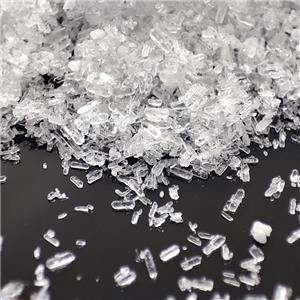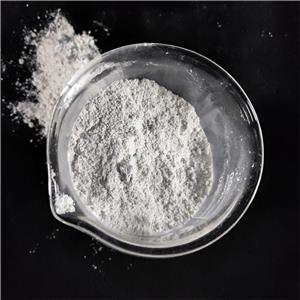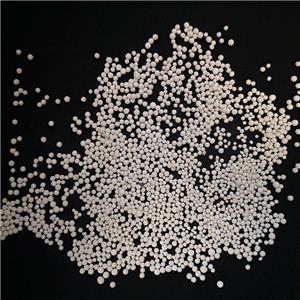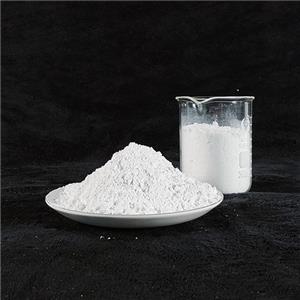What is magnesium hydroxide used for in industry?
Magnesium Hydroxide in Industry
Magnesium hydroxide (Mg(OH)₂) is a versatile compound that finds widespread use in various industries due to its unique properties. It is an inorganic substance, typically found in the form of a white, odorless powder or as a suspension in water. In this article, we will explore the industrial applications of magnesium hydroxide, its production methods, and its significance across different sectors.
1. Introduction to Magnesium Hydroxide
Magnesium hydroxide is a relatively stable, alkaline compound that is most commonly encountered as a byproduct of the production of magnesium metal from magnesium-containing ores. It is often used in its hydrated form and is known for its mild alkalinity, low solubility in water, and high surface area when finely ground.
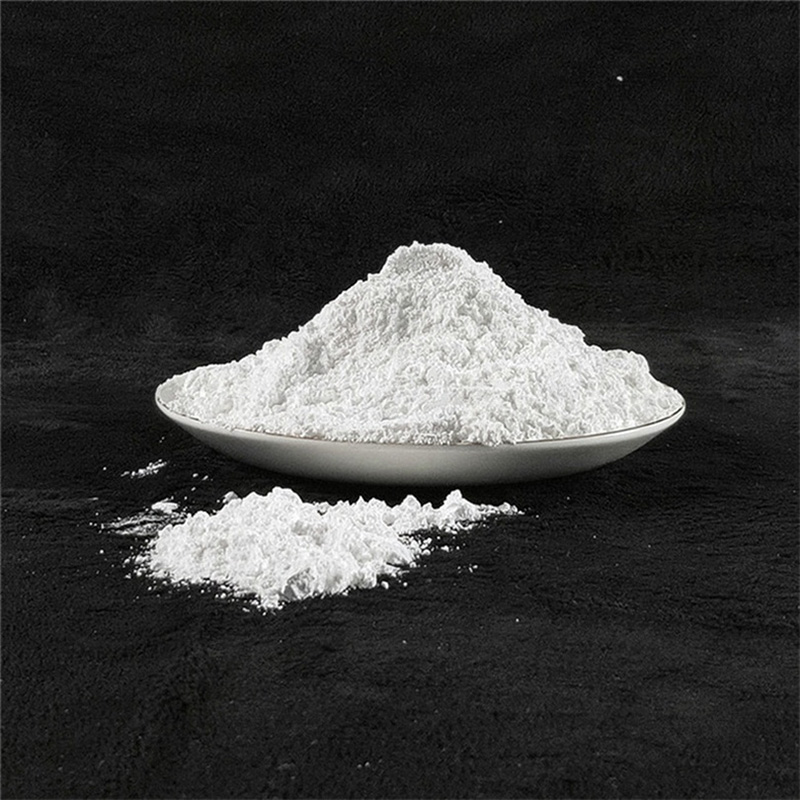
2. Use in Water Treatment
One of the most important industrial uses of magnesium hydroxide is in water and wastewater treatment. As an effective flocculant and neutralizing agent, magnesium hydroxide is used to remove heavy metals, phosphates, and other contaminants from water. In municipal and industrial water treatment plants, magnesium hydroxide helps neutralize acidic wastewaters and treat effluents to meet environmental regulations.
In the case of acidic effluents, Mg(OH)₂ can raise the pH of the water to a more neutral level, making it safer to release into the environment. Moreover, magnesium hydroxide is a preferred choice for treating acidic mine drainage, which often contains toxic heavy metals like lead, arsenic, and copper. By precipitating these metals as hydroxides, it helps reduce the environmental impact of mining operations.
3. Pharmaceutical and Food Industry
Magnesium hydroxide has well-known uses in the pharmaceutical industry, particularly as an antacid and laxative. It is commonly found in over-the-counter medications used to treat indigestion, heartburn, and constipation. When taken orally, magnesium hydroxide neutralizes stomach acid, providing relief from gastrointestinal discomfort. It also works as an osmotic laxative by drawing water into the intestines, softening stool and promoting bowel movements.
In the food industry, magnesium hydroxide is sometimes used as a food additive and pH regulator. It can also be used as a supplement to provide magnesium, an essential mineral for human health. Magnesium hydroxide's role in this area, however, is secondary to its function as an acid neutralizer in industrial and water treatment applications.

4. Flame Retardants in Plastics and Polymers
Another prominent use of magnesium hydroxide is as a flame retardant in plastics, rubber, and other polymers. Magnesium hydroxide is an environmentally friendly alternative to more traditional flame retardants, such as halogenated compounds, which have been associated with harmful environmental and health effects.
When incorporated into materials like PVC (polyvinyl chloride), polyethylene, or polypropylene, magnesium hydroxide acts by releasing water vapor when exposed to heat, thereby cooling the material and diluting flammable gases. It also inhibits the formation of toxic gases such as carbon monoxide. This makes magnesium hydroxide an attractive option for manufacturers looking to meet fire safety standards without using hazardous chemicals. Additionally, magnesium hydroxide's low smoke and toxicity levels make it suitable for applications in construction materials, electronics, and automotive components.
5. Desulfurization in Power Plants
In the energy sector, magnesium hydroxide plays a significant role in the desulfurization of flue gases produced by coal-fired power plants and other industrial operations. During combustion, sulfur dioxide (SO₂) is released as a byproduct, which can contribute to acid rain and other environmental problems. To mitigate this, magnesium hydroxide is used in flue gas desulfurization (FGD) systems.
Magnesium hydroxide reacts with sulfur dioxide to form magnesium sulfate (MgSO₄) and water. This reaction effectively removes sulfur compounds from the flue gas, reducing the environmental impact of power plant emissions. Magnesium hydroxide's high reactivity and relatively low cost make it an ideal material for large-scale FGD systems, contributing to cleaner air and more sustainable energy production.

6. Agriculture and Soil Treatment
Magnesium hydroxide is also used in agriculture as a soil conditioner and pH regulator. In soils with high acidity (low pH), the addition of magnesium hydroxide can help neutralize the acid and promote better plant growth. Magnesium is an essential nutrient for plants, playing a key role in photosynthesis and enzyme activation. By providing magnesium in a controlled form, magnesium hydroxide helps improve soil fertility and crop yield.
Furthermore, magnesium hydroxide can be used to treat acidic or polluted soils, such as those affected by mining activities. The neutralizing properties of magnesium hydroxide help restore the balance of nutrients and improve soil structure, aiding in the reclamation of degraded lands.

